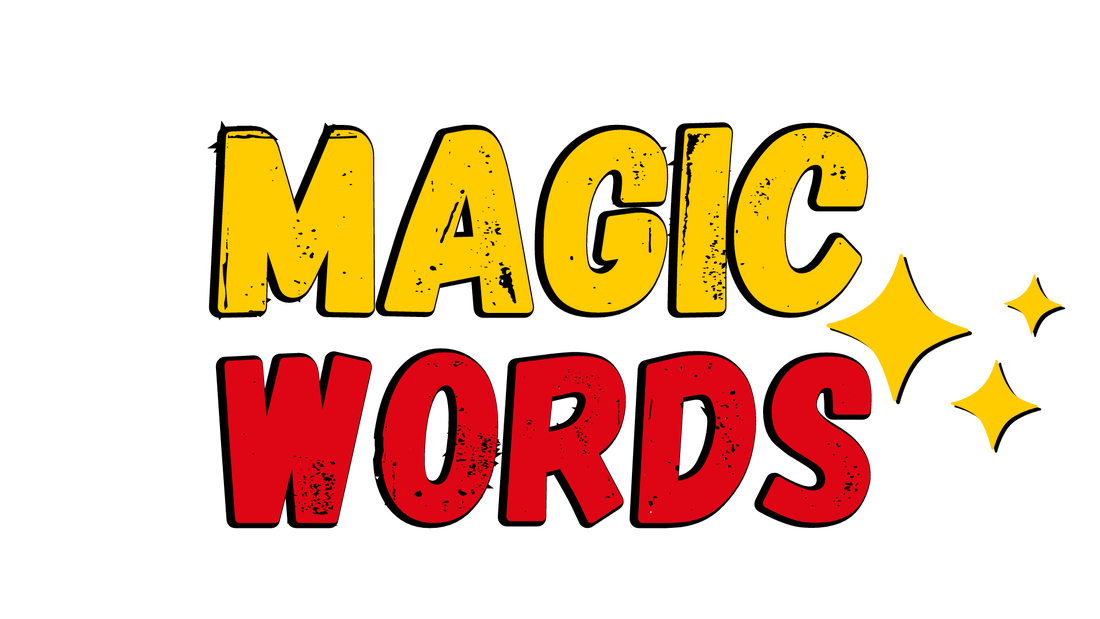|
"You might not be able to always control everything that happens to you, but what you can always control is how you let what happens to you affect you." — Jonas Cain Read the full story ⬇︎ When the muggers shoved me against the side of the van in Pittsburgh and demanded I give them my wallet, my only thought was how to get out of the situation as fast as possible without getting hurt.
This was my first visit to the Steel City, and it wasn’t exactly starting off on a positive note. We had just finished unloading the band’s equipment into the club and I went back to the tour van to grab one final suitcase before setting up for my magic performance. This was also my first time touring as an opening act, and while it was an amazing opportunity, it also introduced me to the sometimes-cruel realities of the world. When the muggers approached, I was all alone—an easy target. I felt defenseless. Scared. Violated. Disappointed. Disappointed, because just earlier that day we visited a record store and I nearly bought the album Horse With No Name, but in an effort to be frugal I decided not to. Instead, I just got The Button-Down Mind of Bob Newhart. With the wallet being stolen, however, frugality didn’t really matter. In hindsight, it would have been better to tie up the money in vinyl rather than paper. Considering the circumstances, it was rather disappointing. But mostly, I was scared. It’s been said that the same things that make us laugh can also make us cry, and though some may criticize laughter as nothing more than a defense mechanism that deflects problems instead of actually dealing with them, I contend that laughter can be a worthy tool to enrich the good times and help make the bad times a little more bearable. So in the days following the mugging, I took some time to process what had happened and soon found a way to laugh about it. I mused: “The Steel city should really be called the ‘Steal’ City.” (Maybe not the most brilliant joke, but it did provide worthy medicine to relieve the sting of the situation.) The difference between a positive mindset and a negative mindset is that a negative mindset looks for problems and focuses on what’s wrong without caring to do anything about it, while a positive mindset takes stock of the available opportunities, resources, skills, and knowledge and then uses these tools to grow forward. (And the difference between real positivity and toxic positivity is that toxic positivity simply shoves problems into a closet and puts on a smile without actually doing the work to grow from it. In other words, it’s not enough to laugh in face of adversity without also doing something to back it up.) We may not be able to control what happens to us, but what we can control is our experience of what happens. A positive mindset empowers us with an internal locus of control, encouraging us to approach challenges with fascination, curiosity, and wonder. This imaginative attitude may be in stark contrast to those with a realistic “button-down” approach—those who might otherwise prefer to be right rather than to be happy—but just as the horse with no name was let go to run free, so too did I let the nameless muggers go, putting down the poison of resentment to starve the victim mentality that might otherwise keep me entrapped in a loop of negative rumination. Reflection When things don’t go as planned, do you tend to approach it with a positive mindset or a negative mindset? How might choosing fascination over frustration help to improve your experience of such disappointments?
0 Comments
Leave a Reply. |
FacilitatorJonas Cain, M.Ed. is a storyteller, magician, musician, and facilitator of fascination on a mission to help you experience abiding joy. Magic Words
All
Archives
May 2023
|





